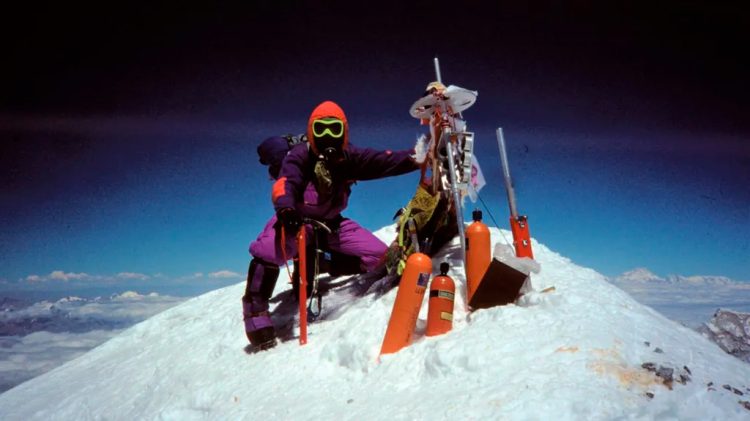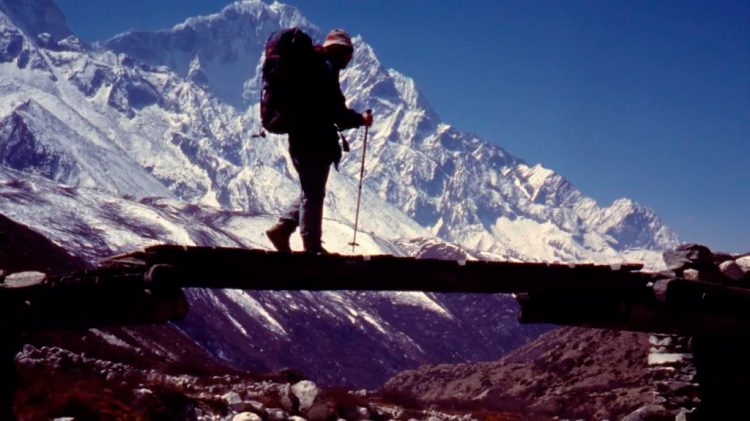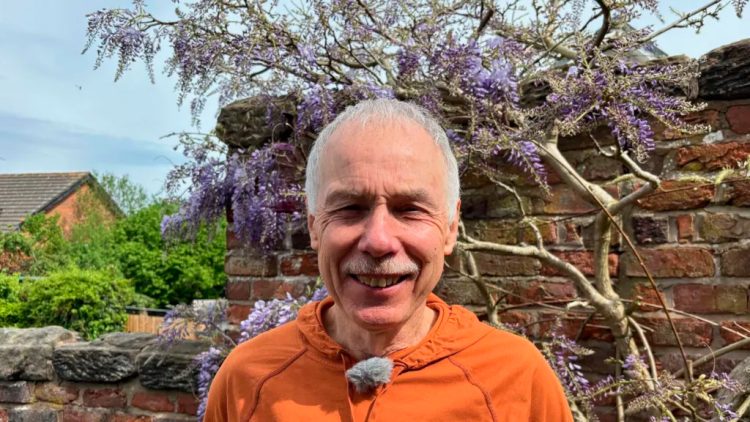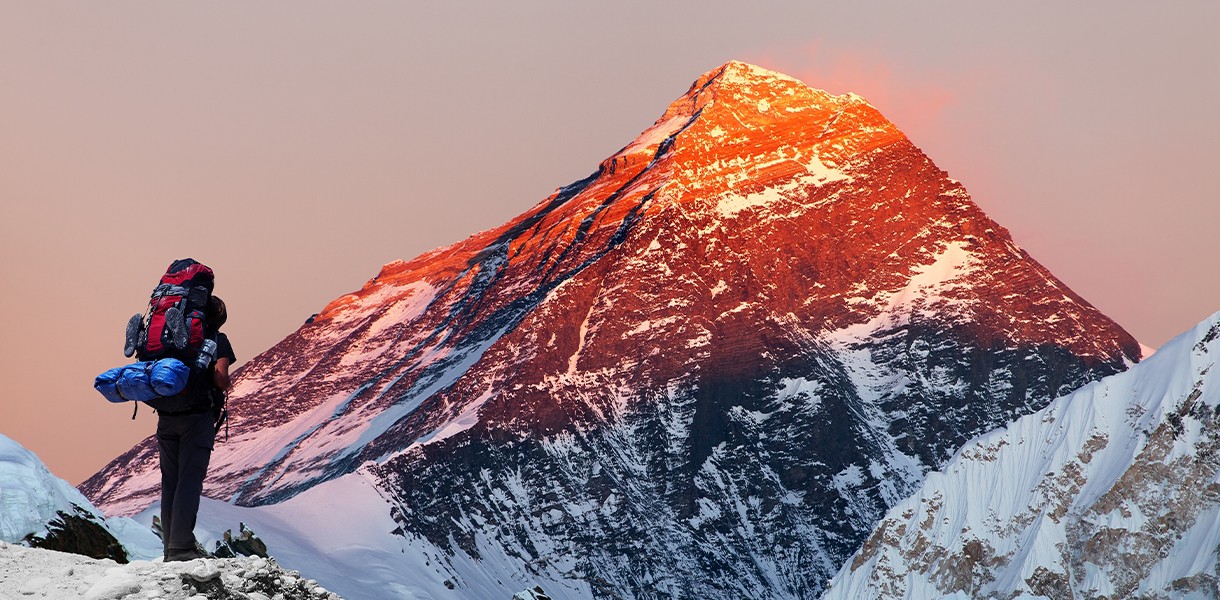The adventure and mountaineering industry has become a “total circus that costs too much,” according to a British climber who conquered Everest.
Caradoc Jones, 66, said that big travel companies were charging too much for “tours to some of the world’s biggest attractions.”

Mr Jones, originally from Pontrhydfendigaidh, Ceredigion, made the ascent to the summit of the world’s highest mountain on May 23, 1995, and has since gone on to climb some of the world’s most remote areas.
“We have to be careful not to lose the spirit of true adventure,” he said.

Jones, who now lives in Helsby, Cheshire, said his mountaineering journey began with “climbing mountains in Eryri when I was young.”
“Then I learned ice climbing in Scotland, in the Alps, and there were a lot of treks before I went to Everest,” he said.
In preparation for his 1995 Everest ascent with Danish climbing partner Michael Knakkergaard Jorgensen, Jones began his journey in the Tibetan region north of Everest.
“The road to base camp is rocky all the way, and from the East Rongbuk Glacier to the advanced base is about 20 km [12.4 miles]. But there, at 1,800 meters, the real climb begins.”
He said the climb had been “very tough” on his body, “even though we had adapted to Nepal.”
As the group neared the summit, there was still no guarantee of success, as bad weather had jeopardized the entire climb.
“We were caught in a storm for three days at the highest point, about 8,300 meters [27,000 feet], until the wind died down and we had a chance to reach the summit. But it wasn’t until the last minute that confidence started to build.”
Despite a clear break in extreme weather conditions, they both managed to reach the summit, and Jones said it was a huge relief.
“You finally think you’re going to make it because you can see the old flags on the summit and the last 200 yards from the north aren’t steep, so you just feel a sense of joy and relief as you get closer,” he said.
“I grew up with Everest being my personal battle, and in the end we succeeded.”

Jones also said that 30 years ago, his trip to Everest cost between £2,000 and £3,000, while now the average cost is between £40,000 and £60,000.
“People tend to think that these things are impossible to do unless you’ve done a course, passed the exam and didn’t buy all this equipment. E”It’s become a circus and has almost nothing to do with real mountaineering,” he said.
“People in all corners of the world are quietly doing much more difficult things, and I think that’s what mountaineering and climbing are all about.”
Jones is still climbing, with a trip to the Himalayas planned for later this year, and insists that adventure can be found anywhere in the world.
Source: alp.org.ua

